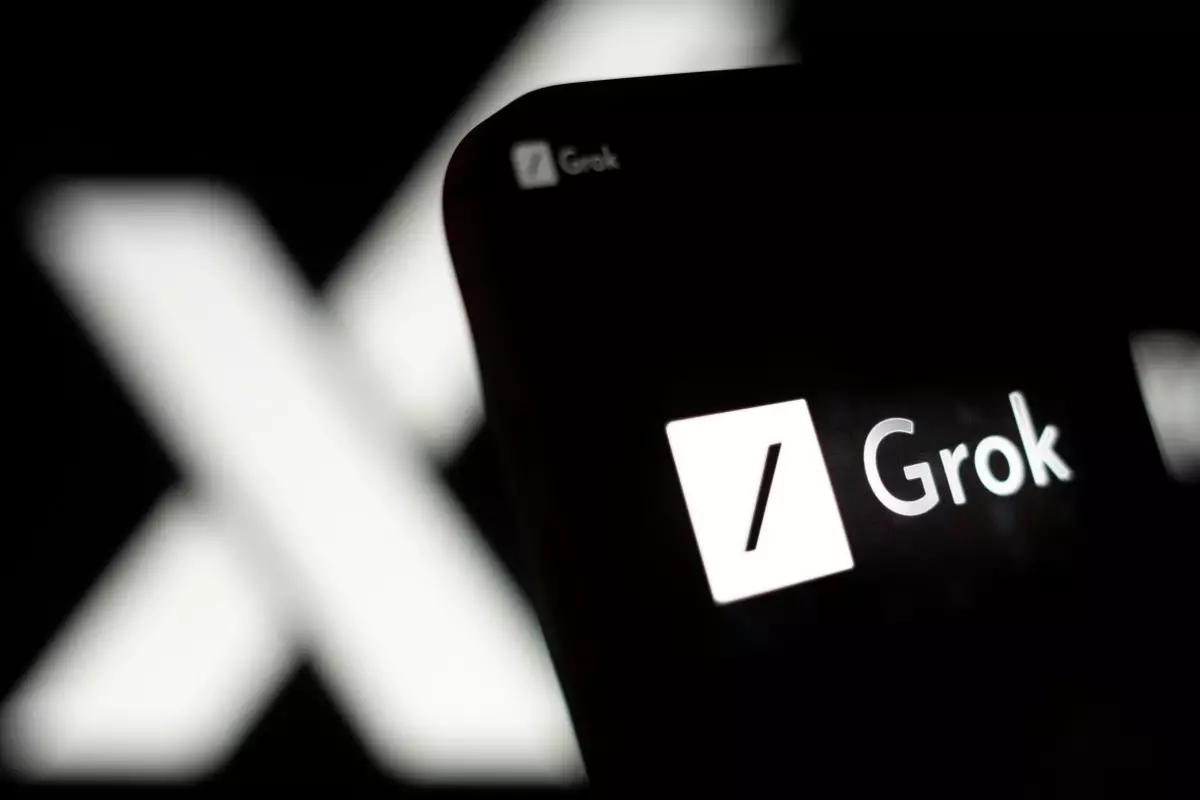As one of the most polarizing figures in technology, Elon Musk’s involvement in artificial intelligence (AI) has long captured public and media attention. His latest venture, xAI, is making waves with the introduction of its Grok 3 model, which promises to redefine how we perceive AI capabilities. However, the creation of Grok 3 is not just a technical endeavor; it represents the broader cultural and ethical implications of AI development in a society increasingly concerned about its biases and control mechanisms.
Despite the recent legal tussles that Musk faces in an ongoing countersuit involving his previous company, OpenAI, the operational progress of xAI appears unhampered. Launched as an API, Grok 3 is intended to compete with AI giants like OpenAI’s GPT-4 and Google’s Gemini. The model boasts advanced features, including image analysis and comprehensive response generation, which have been integrated into Musk’s social platform, X. However, launching such an innovative product amid controversy raises questions about the future ethical landscape of AI technology.
The Pricing Paradigm: Cost versus Capability
The pricing strategy for Grok 3 and its smaller counterpart, Grok 3 Mini, positions xAI in a complicated space. Grok 3 is available at $3 per million input tokens and $15 for output, while its mini version comes in at $0.30 and $0.50, respectively. Comparing these prices with competitors reveals that Grok 3 is not cheap; in fact, its pricing mirrors that of Anthropic’s Claude 3.7 Sonnet, which also emphasizes reasoning skills, while being outpaced by Google’s Gemini 2.5 Pro in terms of benchmarks.
Yet, the cost concerns extend beyond mere dollars and cents. Users have raised pertinent flags regarding Grok 3’s reported capabilities, especially focusing on its “context window” — the maximum token limit the model can process at once. Initially, xAI claimed Grok 3 could handle a million tokens, only to later reveal a limitation of 131,072 tokens. This discrepancy is troubling, as it calls into question their marketing transparency and the efficacy of the model when compared against competitors.
Feature Set and User Expectations
Grok 3 was touted to be unfiltered, edgy, and resistant to the so-called “woke” paradigms that some believe plague AI models. The initial releases of the Grok series showcased a willingness to engage in traditionally taboo subjects, generating content that would likely never surface from models like ChatGPT. However, early iterations displayed a left-leaning bias in political discussions, particularly concerning sensitive topics like transgender rights and systemic inequality. Musk’s public acknowledgment of these biases has created a precedent for user expectations regarding Grok 3’s political neutrality.
Despite Musk’s assertion of a focus on refining Grok’s training data to achieve a more balanced perspective, the actual implementation and outcomes remain ambiguous. Will the latest model indeed reflect a shift toward neutrality, or will it still embody the biases of its predecessors? This uncertainty is a significant focal point for both developers and users moving forward, as they grapple with the responsibilities tied to deploying AI technologies into a complex social fabric.
Future Implications: A Double-Edged Sword
The introduction of Grok 3 is a critical juncture for AI in society, posing both unique opportunities and profound challenges. Offering a model that embraces controversial discussions and resists the constraints placed on other AI systems is indeed ambitious. Yet, this ambition risks marginalizing the essential conversations about ethical AI use and control. As developers work tirelessly to refine these models, the implications of their existing biases and how they can alter societal dialogues must not be overlooked.
In the grander scheme, xAI, under Musk’s leadership, is charged with the essential task of crafting not just technology but also the ethics surrounding its use. If Musk aims to pioneer an entirely new frontier in AI, he must navigate the tumultuous waters of societal expectations, biases, and norms without losing sight of the potential repercussions that sharp-edged AI can have in our everyday lives. The road ahead is riddled with challenges, yet it also teems with promise for those willing to confront these complexities head-on.

